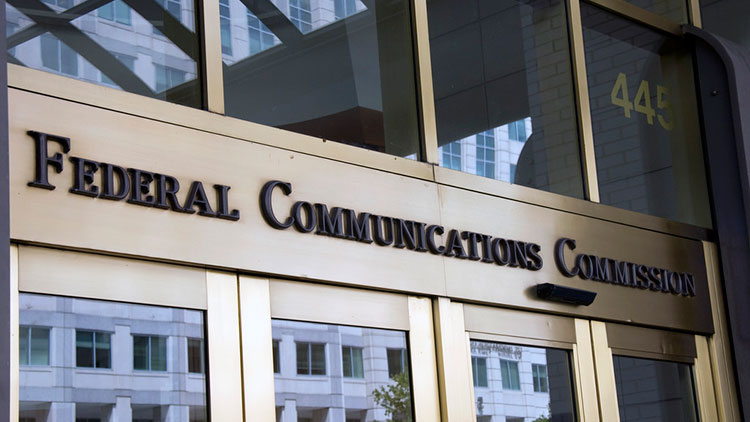FCC Issues Payment Guidelines for Incentive Auction, Repack

The smarter way to stay on top of broadcasting and cable industry. Sign up below
You are now subscribed
Your newsletter sign-up was successful
Broadcasters and cable operators who want to get compensated for post-incentive auction repack expenses, and broadcasters who want to get their incentive auction winning bid payments, need to bone up on this just-released public notice.
That notice, released on the eve of the March 30 close of the incentive auction, says it contains "essential steps that Payment Applicants must take before receiving incentive payments based on winning reverse auction bids or payments from the Television Broadcaster Relocation Fund (the Fund) for expenses eligible for reimbursement."
That includes how to enter and update bank account information. tracking those payments and the impact of ownership changes.
Before the FCC can give winning broadcaster bidders their money, said the FCC Wednesday (March 29), "[b]efore the Commission can direct disbursement of incentive payments, a winning bidder must certify its agreement with and acknowledgement of specified payment terms and provide necessary information regarding the account to which the incentive payment should be made."
The FCC can't yet say when broadcasters will be getting their money, since it depends on when the forward auction bidders pony up the cash for their spectrum.
Broadcasters will get their winnings in a lump sum, with stations in the first phases of the repack getting the money first if the FCC is not able to hand it all out at once. The FCC will release a "Ready to Pay" public notice when it is ready to pay broadcasters, or multiple notices if it has to pay the first-phase stations first. That will depend on how much and when they collect from forward auction bidders.
The FCC has three years to reimburse broadcasters and cable operators for "reasonably incurred" expenses, using the $1.75 billion Congress set aside for that purpose.
The smarter way to stay on top of broadcasting and cable industry. Sign up below
Broadcasters and cable operators will submit estimates of their costs, then the FCC will set aside for each station and MVPD most of the money.
The disbursement process is online, so eligible entities will need access to the Internet, but ironically, since the auction was all about freeing up spectrum for wireless broadband, neither Smartphones nor tablets can be used.
Broadcasters and cable operators are also discouraged from using third-party browser extensions, which are more vulnerable to hacking.
Contributing editor John Eggerton has been an editor and/or writer on media regulation, legislation and policy for over four decades, including covering the FCC, FTC, Congress, the major media trade associations, and the federal courts. In addition to Multichannel News and Broadcasting + Cable, his work has appeared in Radio World, TV Technology, TV Fax, This Week in Consumer Electronics, Variety and the Encyclopedia Britannica.

